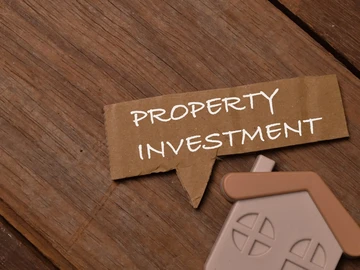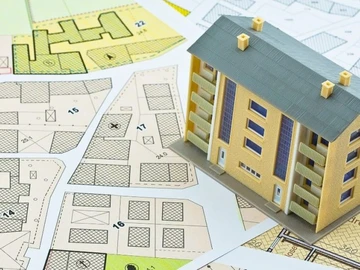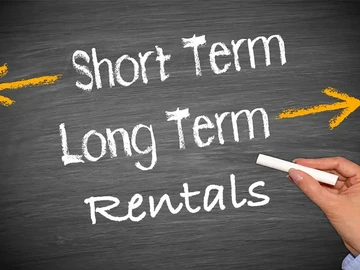Becoming a homeowner is a major milestone both emotionally and financially. For many Zimbabweans, it's a dream rooted in the pursuit of stability, independence, and long-term wealth. But buying your first home can also be intimidating, especially in today’s economic climate where inflation, housing demand, and misinformation are on the rise.
To help you confidently step into homeownership, here are 5 essential tips every first-time buyer in Zimbabwe should consider:
1. Understand the Market Price Before You Fall in Love
Before you set your heart on a property, make sure you understand the current market value. Here’s how:
- Compare recent sales prices in the area
- Use property platforms like Property.co.zw to view similar listings
- Seek advice from estate agents with experience in the specific suburb
This gives you bargaining power and helps ensure you’re paying fair market value not overpaying due to emotional attachment.
2. Assess How Well the Property Fits Your Lifestyle
The ideal home should align with more than your budget—it must match your lifestyle. Ask yourself:
- Do I need to be close to work or schools?
- Am I comfortable with the level of traffic, noise, and safety in the area?
- Are there nearby amenities such as shops, parks, clinics, or public transport?
Don’t be swayed by the cheapest house or the flashiest features if the neighborhood doesn’t support your everyday needs.
3. Only Work With Registered Estate Agents
Zimbabwe’s property sector has had its fair share of scams and bogus agents. To protect your investment:
- Verify the agent or agency’s registration with the Estate Agents Council of Zimbabwe (EACZ)
- Work with established agencies that have a visible office, client track record, and proper contracts
- Ask to be introduced to the area agent with full credentials and local experience
Reputable agents not only guide you through the paperwork—they also offer insights that help you avoid bad deals.
4. Conduct Thorough Due Diligence
This is the most critical step of your home buying journey. You must verify ownership, legality, and the financial integrity of the property before signing anything. Here’s a checklist of what to examine:
- A valid title deed or official allocation/cession documents
- Local authority compliance certificates and zoning approvals
- Existing utility bills (for outstanding charges)
- Any caveats, liens, or mortgages attached to the property
- Proof of identity and ownership from the seller
- Any pending insurance claims or maintenance issues
Your estate agent or legal advisor should assist with a Deeds Office search and help flag any irregularities. If any red flags arise pause the process immediately.
5. Understand the Agreement of Sale Before You Sign
Once everything checks out, the seller and buyer will proceed to sign the Agreement of Sale. This legal document outlines:
- Full legal description of the property (must match the title deed)
- Names, ID numbers, and signatures of both parties
- The agreed purchase price and method of payment
- Warranties, conditions, obligations, and penalties
- Dispute resolution terms (arbitration, legal jurisdiction)
- Agreement termination clauses
It’s important to read the agreement thoroughly and consult a lawyer or your agent for clarification. If something was agreed verbally but is not written into the contract, it’s not legally enforceable.
Final Thought: Let the Professionals Guide You
At Property Channel, we understand that buying your first home can be both thrilling and nerve-wracking. That’s why we partner with trusted agents, legal experts, and service providers to make the journey smoother for you.
Whether you're buying your first starter home or your forever dream property, remember this: your decision should be based on facts, not just feelings.
Visit www.property.co.zw today to explore trusted listings and connect with vetted professionals who’ll help make your homeownership dream a reality.
 Continue with Facebook
Continue with Facebook
 Continue with Email
Continue with Email














